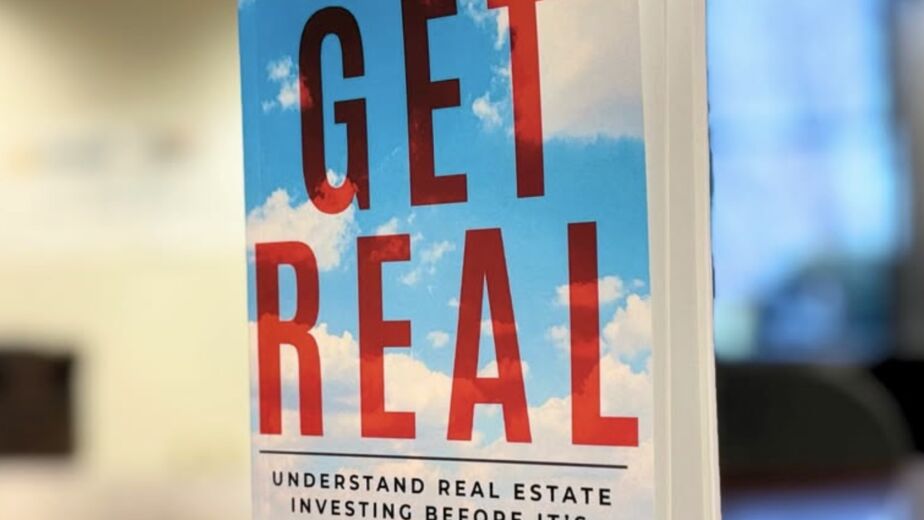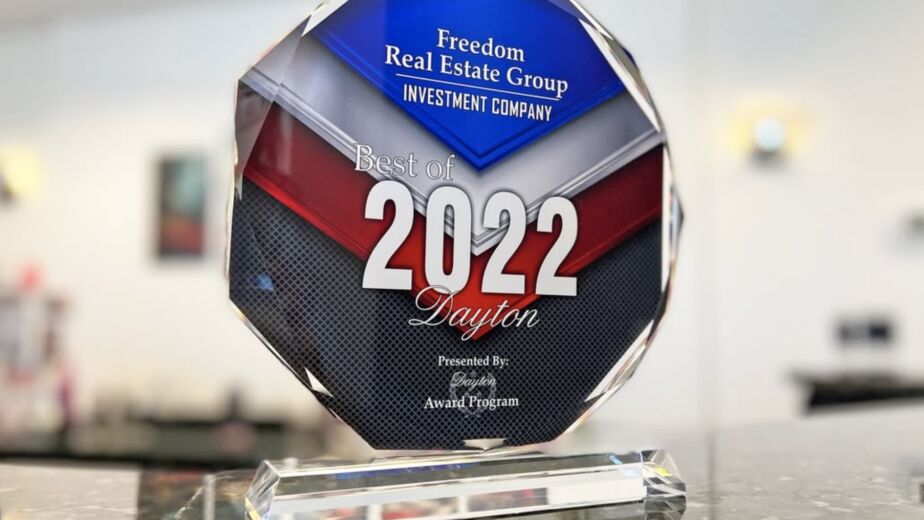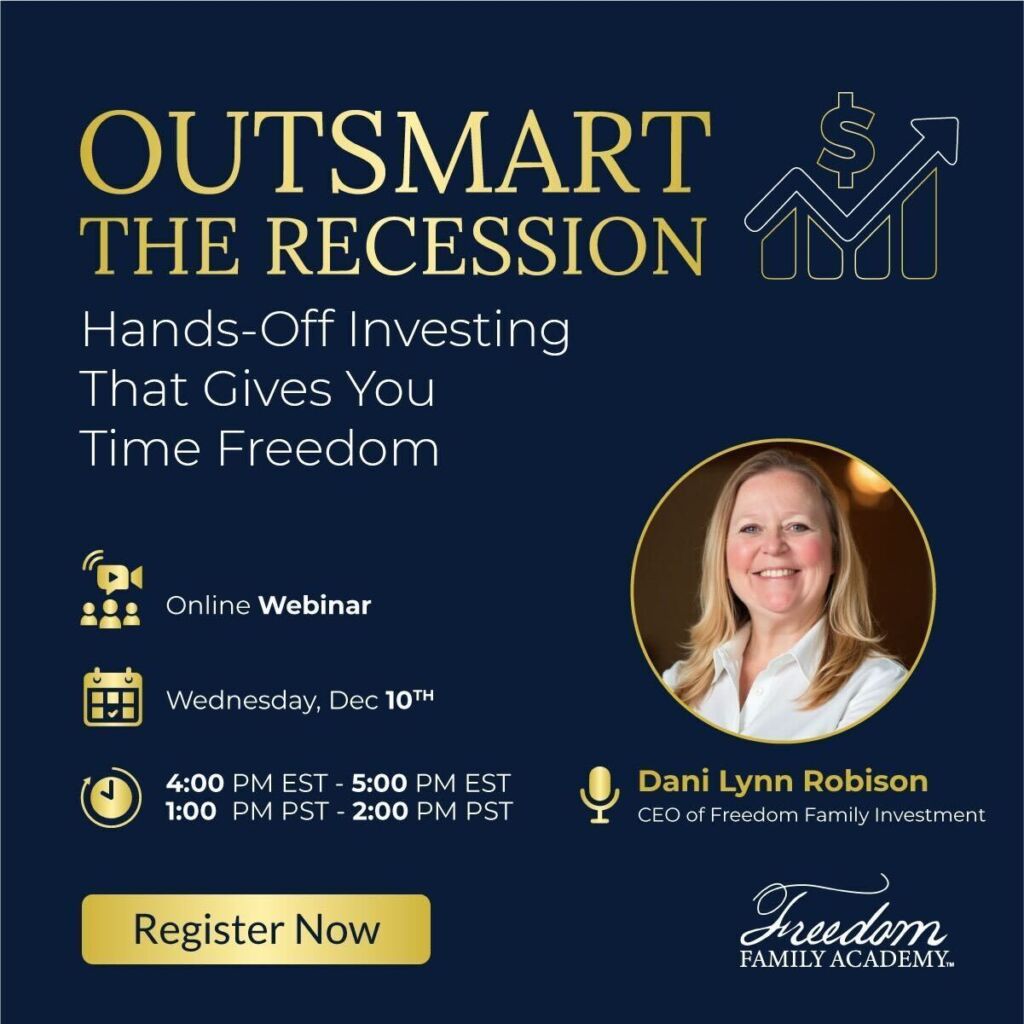How Fear and Greed Impact Financial Decisions
The Hidden Force in Investing
When people think about investing, they often focus on numbers, returns, percentages, projections, charts. But the reality is that markets don’t move on math alone. They move on human emotion.
The two emotions most responsible for poor investment decisions? Fear and greed. These psychological forces have shaped every major market cycle in history and they still influence investors every single day.
In this article, we’ll explore how fear and greed impact financial decisions, why they’re so powerful, and how you can protect yourself from letting emotions sabotage your portfolio.
The Cycle of Fear and Greed
Markets have a rhythm and it often mirrors the emotional state of investors.
- Greed Phase
- Markets are rising, news is positive, and everyone seems to be making money.
- Investors pile in, convinced the good times will never end.
- “Fear of missing out” (FOMO) drives prices even higher.
- Fear Phase
- Then, the inevitable happens: markets dip, projects stumble, or headlines turn negative.
- Fear spreads quickly. Investors panic and sell, often at the worst possible time.
- The cycle resets, with many left holding losses because they bought high and sold low.
This pattern has repeated through dot-com bubbles, housing markets, cryptocurrency surges, and stock crashes. The details change, but the psychology doesn’t.
Why Psychology Overpowers Logic
You might think rational investors would always stick to their plan. But behavioral finance shows us that humans aren’t wired for pure logic:
- Loss Aversion: People feel the pain of losses about twice as strongly as the joy of gains. Losing $1,000 hurts more than gaining $1,000 feels good.
- Herd Mentality: When everyone else is buying or selling, it feels safer to follow the crowd, even if it’s irrational.
- Overconfidence: After a few wins, investors often believe they can’t lose. This leads to riskier bets at the worst times.
Without awareness, these biases quietly dictate decisions.
Real Estate: A Buffer Against Emotional Swings
This is where real estate investing shines. Unlike public markets that swing wildly day to day, real estate offers:
- Tangible value: Bricks, mortar, and land you can touch.
- Predictable cash flow: Rental income and fixed returns that don’t fluctuate with headlines.
- Lower volatility: Properties don’t get re-priced every second of the day.
By focusing on assets with real fundamentals rather than speculative hype, investors can resist the temptation to panic or chase.
How to Protect Yourself From Fear and Greed
- Educate Yourself
- Knowledge builds confidence. When you understand concepts like capital stack, liquidity premium, and diversification, you don’t have to rely on emotion.
- Have a Plan
- Define your goals (income, growth, preservation) and risk tolerance before investing. Stick to it.
- Define your goals (income, growth, preservation) and risk tolerance before investing. Stick to it.
- Diversify
- Spread your investments across different asset classes. If one market is volatile, another can provide stability.
- Spread your investments across different asset classes. If one market is volatile, another can provide stability.
- Focus on Long-Term
- Real wealth is built over years, not days. Short-term noise should not dictate long-term strategy.
- Real wealth is built over years, not days. Short-term noise should not dictate long-term strategy.
- Work With a Trusted Partner
- Aligning with firms that prioritize transparency and investor education helps keep emotions in check.
- Aligning with firms that prioritize transparency and investor education helps keep emotions in check.
The Freedom Family Approach
At Freedom Family Investments, we believe that wealth-building is as much about mindset as it is about math.
That’s why we not only structure investments that are backed by real estate and designed for predictable returns, but we also focus on educating investors. By understanding the psychology behind decisions, our clients make choices from a place of confidence not fear or hype.
Over $50 million managed, a 100% payout track record, and countless families served all built on one philosophy: true freedom comes when you combine education, security, and opportunity.
Mastering the Inner Game
Fear and greed will never disappear. They’re hardwired into human nature. But by understanding these forces and by structuring your portfolio with stability in mind you can avoid their traps.
Real estate isn’t just about numbers on a spreadsheet. It’s about peace of mind, steady growth, and the confidence that your future isn’t dictated by headlines.
📌 If you’re ready to take the next step in building wealth with clarity and confidence, we invite you to connect with us at FreedomFamilyInvestments.com.




